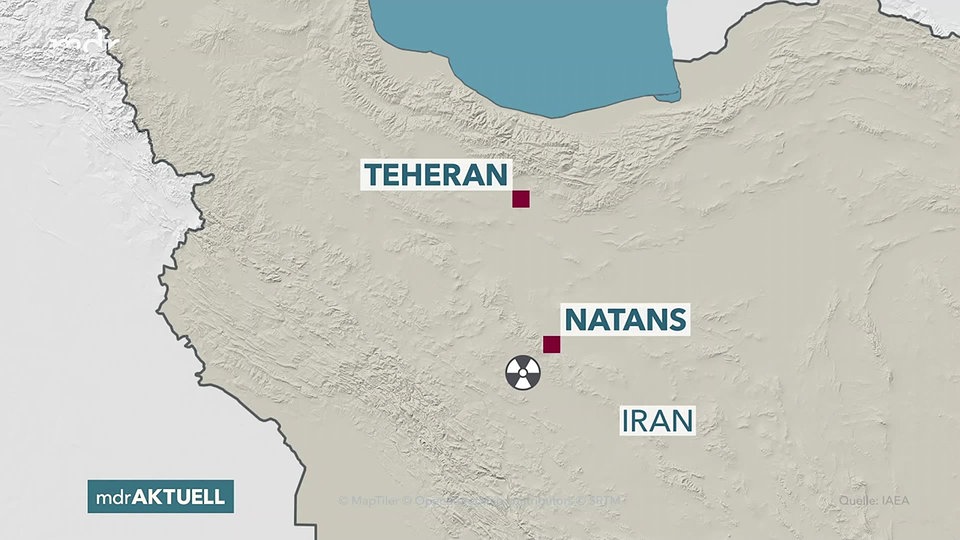
Introduction
The ongoing tensions between Iran and Israel have become a focal point in international relations, particularly in the volatile Middle Eastern region. As both nations engage in a war of rhetoric and military posturing, the city of Tehran has emerged as a significant battleground for ideological confrontations and strategic maneuvers. In recent months, developments in Tehran have highlighted the precarious balance of power and the potential for escalation, making it imperative for the global community to pay attention.
Background of the Conflict
The rivalry between Iran and Israel extends back several decades, with roots in geopolitical, ideological, and territorial disputes. Iran’s nuclear program and its support for militant groups in the region have long been points of contention for Israel, which views a nuclear-capable Iran as an existential threat. Conversely, Iran perceives Israel’s actions as attempts to undermine its sovereignty and influence in the region.
Recent Developments
In September 2023, a series of provocative statements from Iranian officials in Tehran escalated the rhetoric against Israel. Supreme Leader Ali Khamenei condemned Israel’s actions in Palestine and the broader region, labeling it a primary enemy of the Islamic Republic. Concurrently, Israel’s Defense Forces have increased their military readiness, conducting drills that include scenarios addressing potential Iranian aggression.
Furthermore, tensions flared with the launch of a military exercise by Iran that aimed to demonstrate its defensive capabilities. Reports indicate that these drills included long-range missile tests, which were perceived as a direct warning to Israel. Analysts suggest that these actions are part of a broader strategy by Iran to showcase its military prowess amidst increasing regional isolation.
The Impact on Regional Stability
The situation in Tehran and the escalating Iran-Israel tensions have significant implications for regional stability. The potential for miscalculated military encounters remains high, raising concerns among neighboring countries and global powers. The United States and European allies have urged for diplomatic solutions, fearing that armed conflict could spill over, involving various factions and nations across the region.
Conclusion
The ongoing conflict between Iran and Israel will likely remain a pivotal issue in Middle Eastern dynamics. Observers warn that unless robust diplomatic efforts are undertaken, the situation in Tehran could evolve dangerously, leading to prolonged instability. For residents of the region and the international community, the repercussions of this rivalry could redefine not only security policies but also economic conditions and humanitarian considerations in the years to come.



